British Science Week 2024 takes place from the 8th to the 17th of March. It is a ten-day celebration of science, technology, engineering and maths. The week aims to smash stereotypes and celebrate the diverse people and careers in science & engineering.
This year, British Science Week marks its 30th anniversary. For this milestone, the British Science Association has partnered with the Royal Observatory Greenwich to bring this year’s theme of ‘time’ to life. Make sure you get your free official British Science Week resources from the brains behind the week.
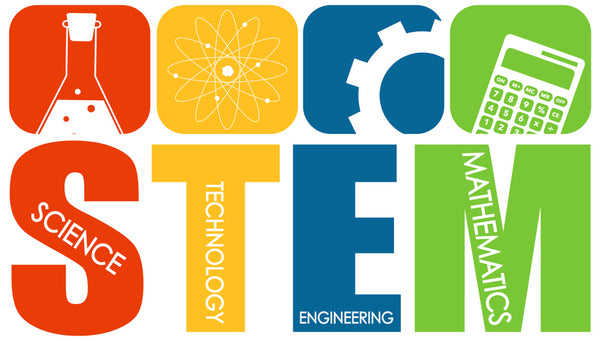
Here are 5 activities for kids to enjoy during science week:
1. Science Experiments
Conduct simple science experiments at home. For example, you can create a volcano eruption using baking soda and vinegar, make a homemade lava lamp using oil, water, and food colouring or explore chromatography using felt tip pens. If you want a bit of guidance, lesson 7 of our Volcanoes lesson pack includes a volcano activity. These hands-on activities will engage kids and encourage them to ask scientific questions.
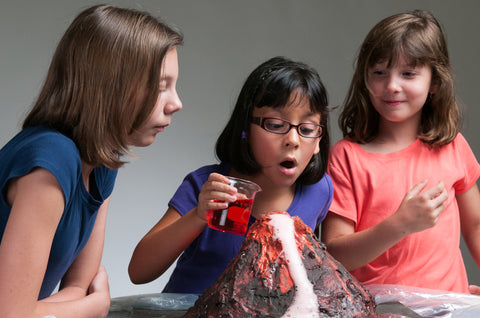
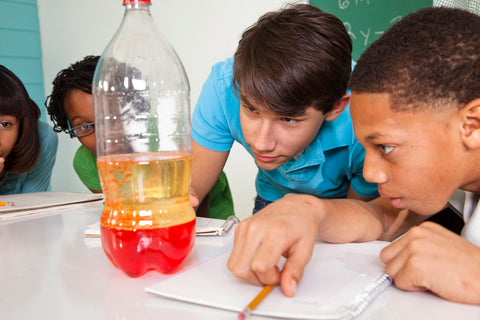
2. Nature Scavenger Hunt
Take kids on a nature scavenger hunt to explore the outdoors and learn about different plants, animals, and natural phenomena. Provide them with a checklist of items to find, such as leaves of different shapes, animal footprints, or rocks of various colours. You can use this free I Spy Outdoor Challenge Sheet to help! This activity promotes observation skills and sparks curiosity about the natural world.
3. STEM Building Challenge
Challenge kids to build a structure using everyday materials such as popsicle sticks, straws, or cardboard. Encourage them to think creatively and test different designs to see which one is the strongest or most stable. This activity helps develop problem-solving and critical thinking skills.
4. Science Documentary Session
Organise a time when kids can watch educational science documentaries or videos about different scientific topics. After the screening, facilitate a discussion to encourage kids to share their thoughts and ask questions. This activity promotes learning through visual media, fosters a deeper understanding of scientific concepts and is an opportunity to reflect on misinformation and reliable sources.
5. The Science of Cooking
Learning about science in a meaningful context, through the food we prepare and eat, is a great way for children to explore new scientific ideas and relate them to other things they already understand. Baking bread, cakes or biscuits is fun and children will learn about irreversible changes as milk, butter, eggs and flour combine to form a new, delicious substance. Making lollipops is a great way to explore freezing and melting. Churning butter is an easy activity where children can learn about the science of preserving food and have something tasty to eat afterwards.
And here is an extra arty activity for luck...
6. Arty Science Crafts
Engage kids in science-themed crafts that combine creativity with learning. They can make a solar system model (bonus points if the planets are to scale!) or create a working model of the water cycle using cotton balls and construction paper. These crafts provide a hands-on approach to understanding scientific concepts while allowing kids to showcase their artistic skills.
Remember to supervise children during these activities and provide guidance when needed. Please tell us your favourite science activities in the comments section.


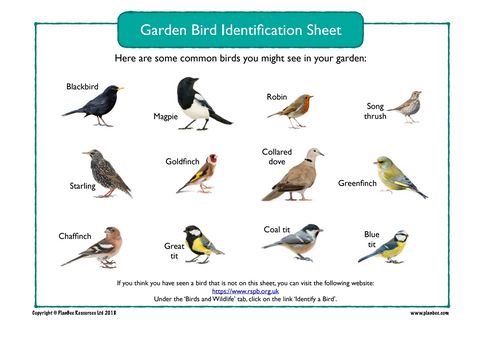
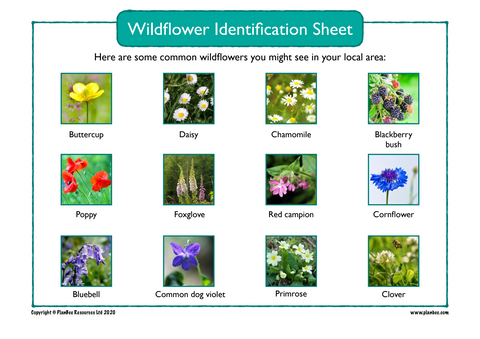
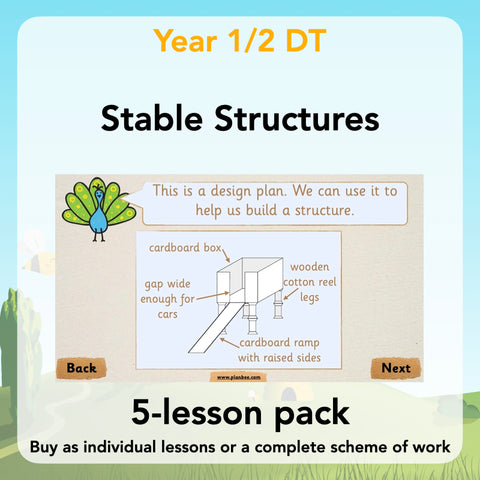
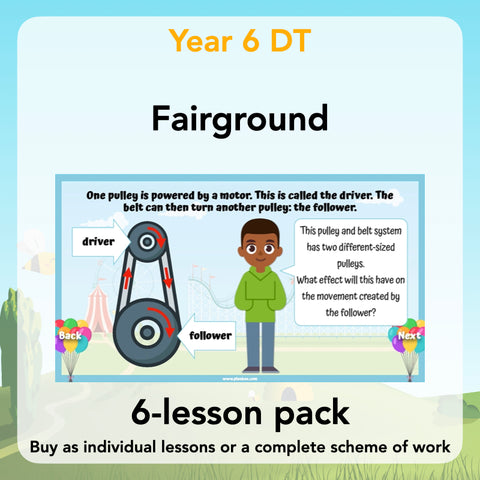


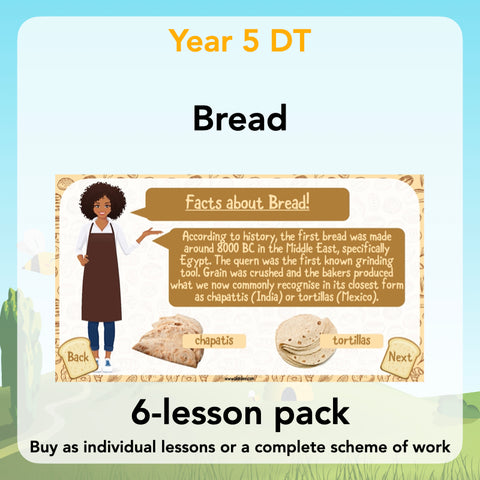


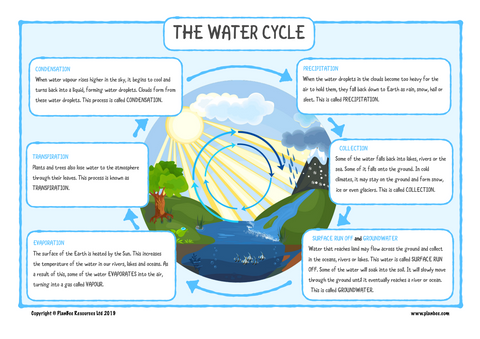






1 Comment
Heya.
In order to celebrate science week this is a list of my favourite activities. For example you could grow some plants in a greenhouse and keep a close eye on them. This is a never ending list however.
Magnet tests
Feely boxes to test memory
E numbers challenge
Ice in a bowl task
Build a model of a human body
Pond dipping
Experiments with nature
Garden work
Cookery
Baking
Fishing
Crumple zones on a vehicle
Why science is important in our daily lives
Punnet squares
Examples of when we use science at home or at work etc
Flower bed challenge
A trip to a science museum